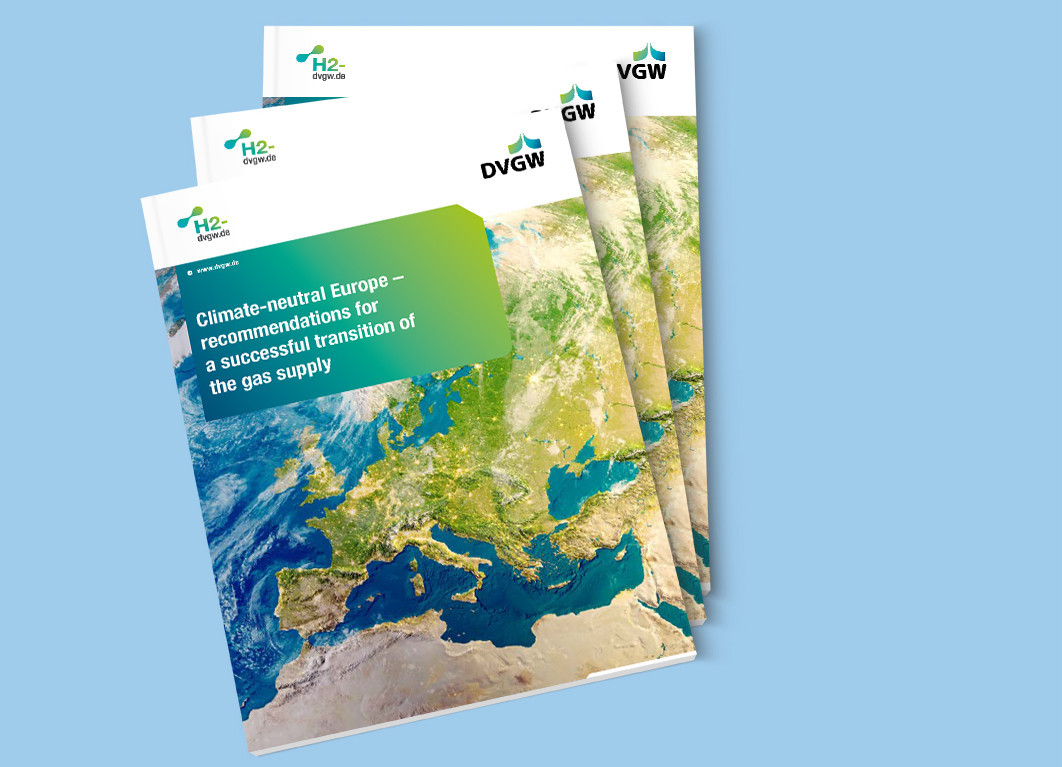

With its goal of becoming climate-neutral by 2050, the European Union has set itself a Herculean task. The foundation for this transition to a climate-neutral economy will be laid by the transformation of our energy system from fossil fuels to renewable, low-carbon sources of energy. In addition to the central development of power generation from renewable sources such as wind and solar energy, it will however be important to ensure that another large share in energy supplies is not neglected in the transition to climate neutrality. At 20 percent, gaseous fuels account for a considerable share in final energy consumption in the EU, especially in the heating and industrial sectors. The decarbonisation of fossil gas supplies via a transition to hydrogen, biomethane or synthetic methane will therefore be a key prerequisite for achieving these climate goals.
A strong, decarbonised gas supply sector can also relieve the burden on the electric power system during the transition and provide the storage capacity to guarantee secure, resilient supplies of energy in Europe. EU legislators already laid the foundation for this transition with the European Green Deal during the last legislative period. Economic players along the entire value chain are already working to implement the ambitious requirements stated. Nevertheless, some of the regulatory levers will not be sufficient to ensure a rapid transition to decarbonised gases. In view of this fact, the task for the next legislative period will be to: shape the value chains of new, climate-neutral gases such as hydrogen so that they can deliver their key contribution to the climate neutrality goal of the EU.